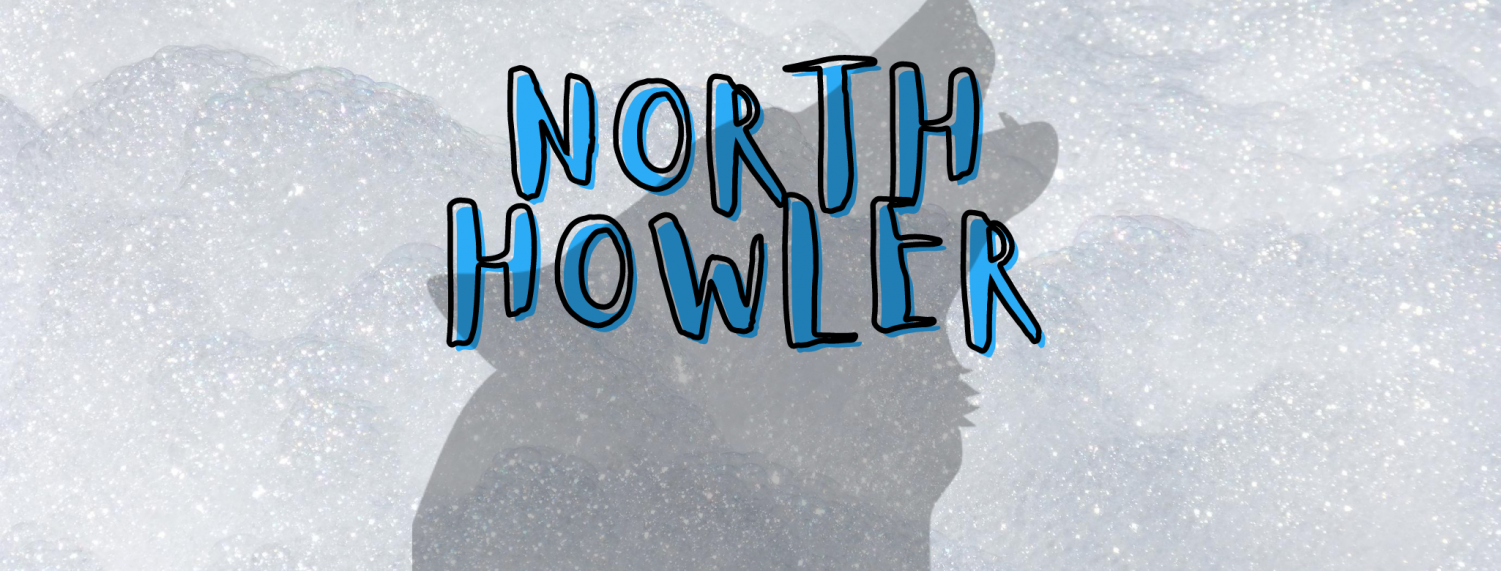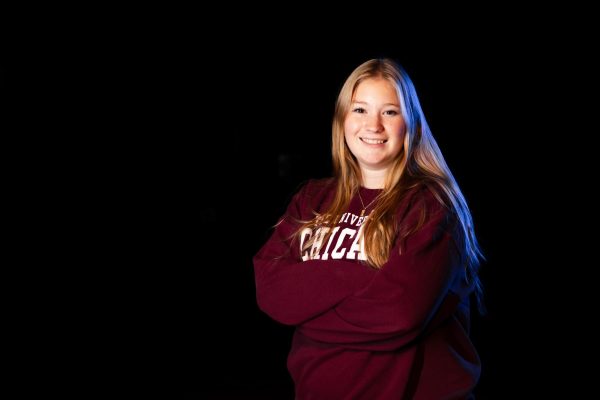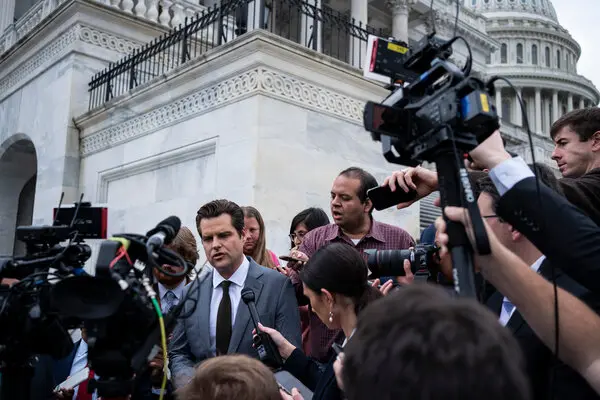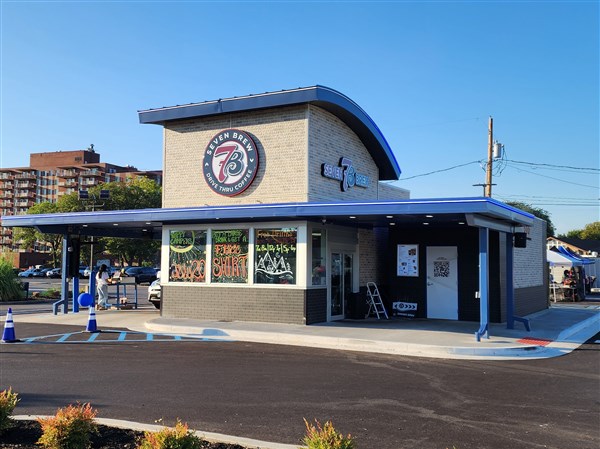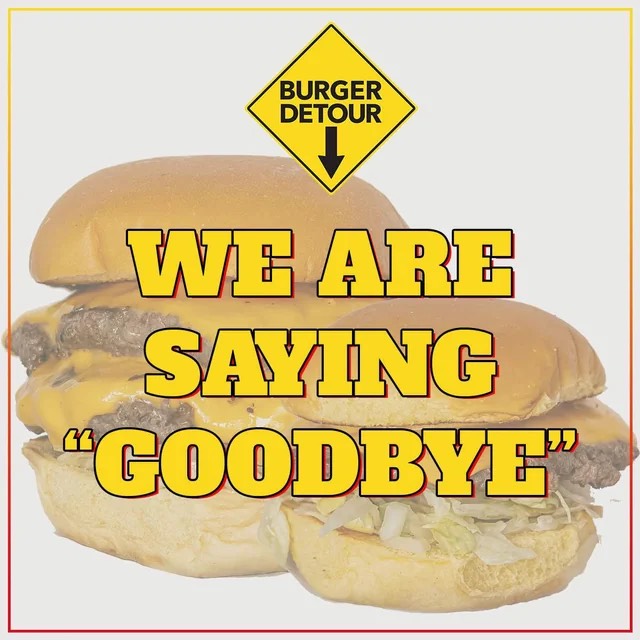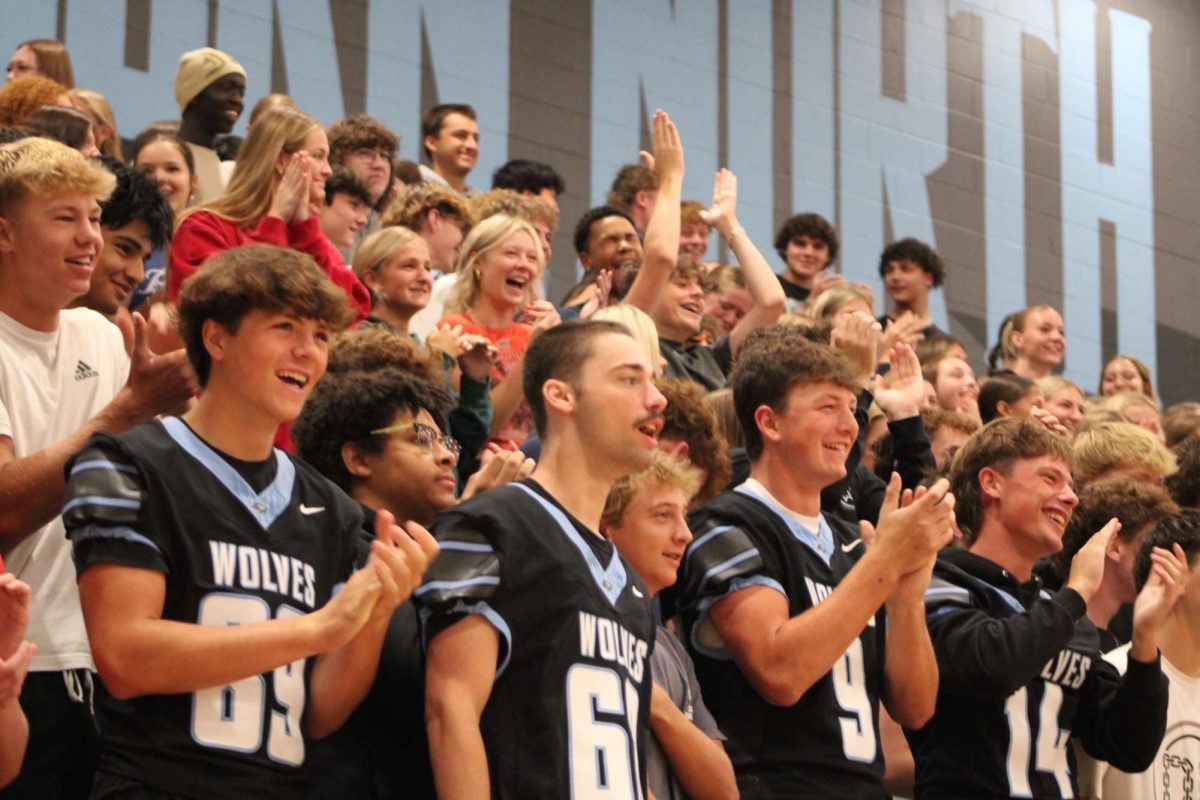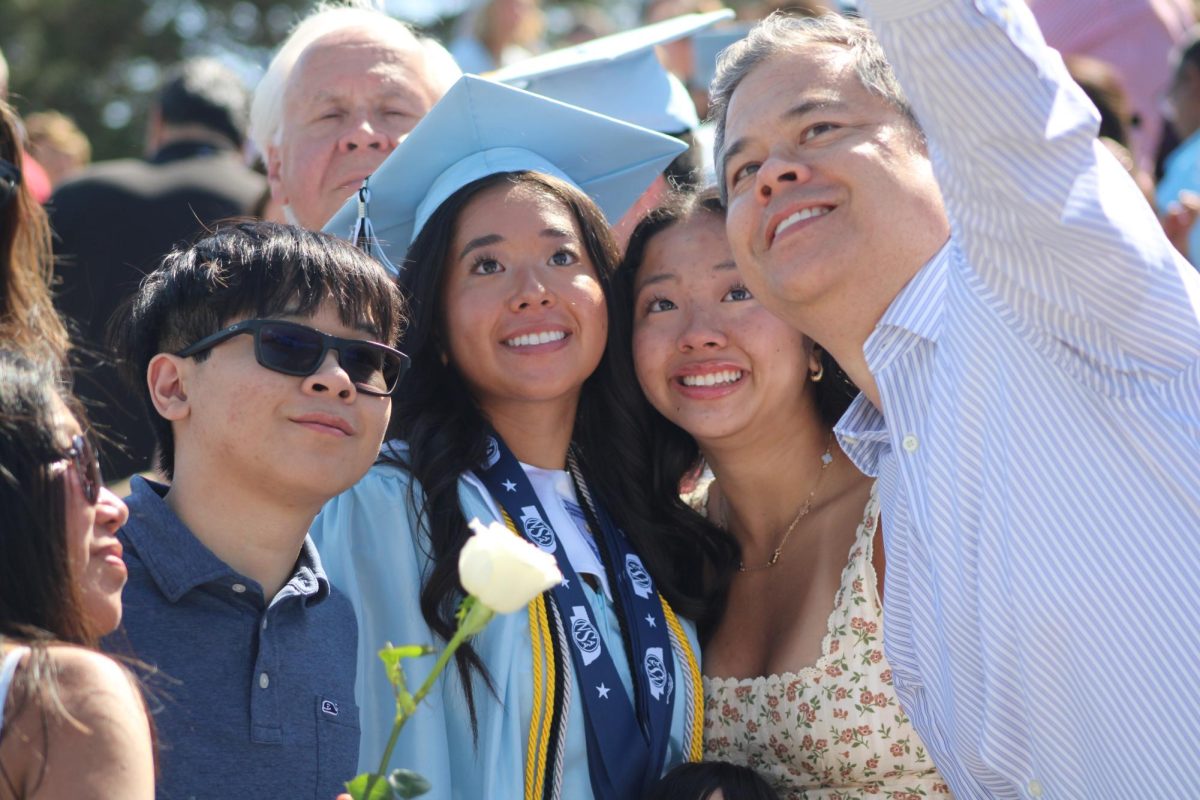Over the past four years, Elkhorn North has gone through many changes that concern mental health. One of the biggest of these changes is the addition of the Hope Squad. Hope Squad was established this year in order to provide students an outlet to talk through their issues with other students who are trained to help.
“Hope squad is a peer to peer mentorship,” sponsor Ashley Anderson said. “The way it works is it opens up students to talk to other students about what their going through, so if they are personally struggling with thoughts of suicide or anything that has to do with mental health, they have people who are trained to help them.”
At the beginning of the school year, counselors went into students’ English classes and showed a video about what Hope Squad was, then had them nominate a peer who would be best for this new program. After that, the students were selected and the process started.
“The process is quite lengthy,” counselor Martha Dowd said. “We needed to go through the nominations first, and then the kids needed training, the adults needed training, and two weeks ago we had a parent meeting with all of the parents of the Hope Squad kids because the parents needed training. There’s forms that the kids need to fill out too.”
After the students were selected, the Hope Squad attended the Empower Summit in October where they participated in special group activities that helped them learn ways to help their peers deal with mental health struggles.
Beginning in January, Hope Squad will meet twice each month to either train the students or come up with fun activities for the student body with a goal to bring together students from different activities (band, SADD, football, bowling, etc) so they can get to know each other.
“We have a lot of different cliques in the school,” senior Hope Squad member Austin Allen said. “We have band kids, choir kids, football kids, and they’re all kind of mixed together. They all intermingle and communicate or hang out with each other, and it’s not super exclusive. I think everyone gets along with each other very well.”
Students are more open to talking to their peers when it comes to their mental health rather than an adult.
“There is an idea that a lot of students don’t feel that they can go to adults or counselors directly to talk about things that they want to talk about and I think that they sometimes feel safer talking to their peers about issues,” sophomore Hope Squad member Bailey Wilkins said, “The people on Hope Squad are the peers that were nominated to be on it, so we are kind of a resource for students to be able to talk or do whatever we can to help you.”
With this new group, students can talk to someone in their own grade who is trained on how to help them, whether they are feeling pressured, stressed, or just need to talk. The hope squad is able to provide comfort for those struggling.
“There needs to be more awareness that there are people who can help, that’s the biggest thing,” Wilkins said, “The worst thing that anyone could think is that there is no help. There is always help and there are always people who care.”

